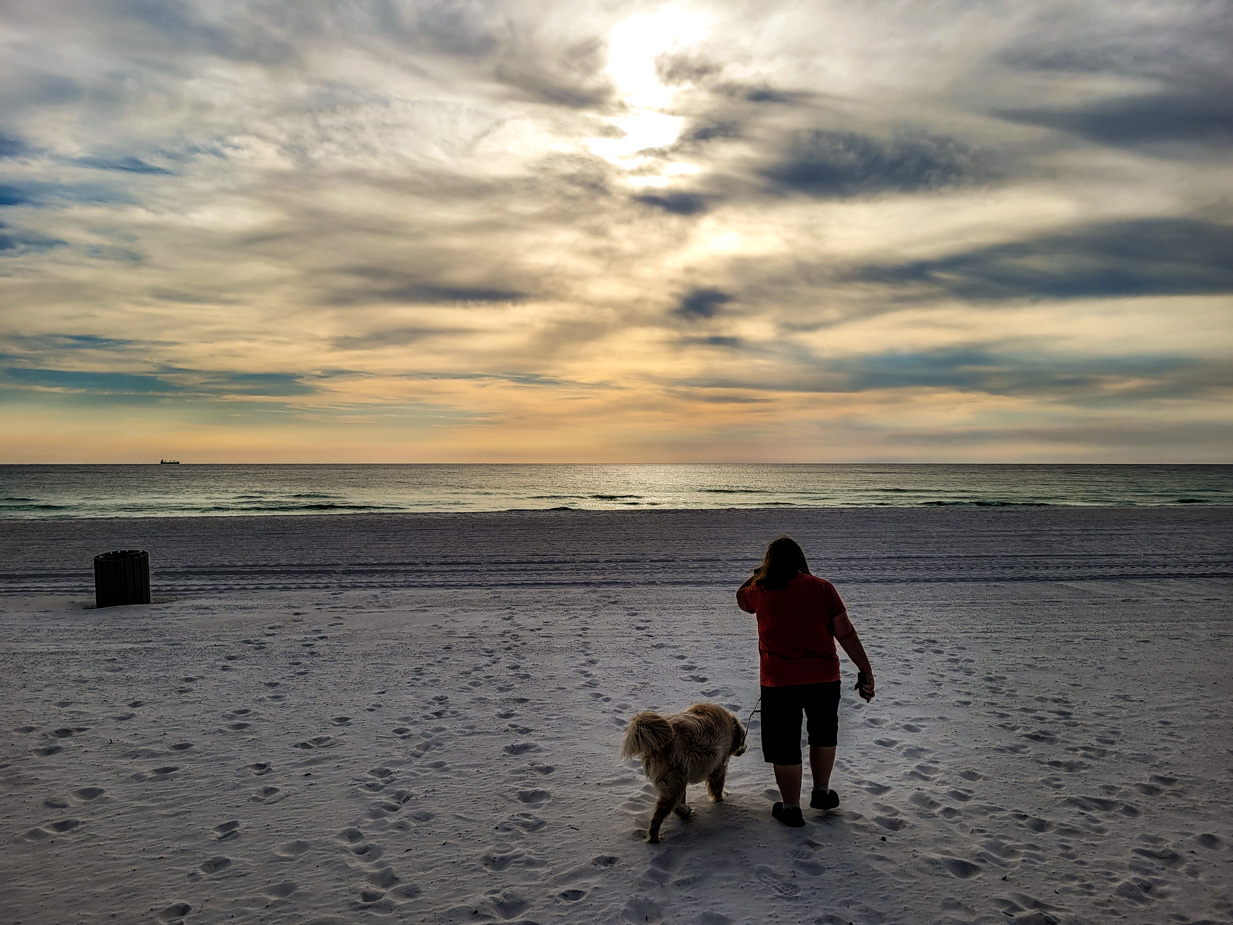

 ©LaBelleLife.com
©LaBelleLife.com
Chapter 12:29-32 (ESV) - “When the LORD your God cuts off before you the nations whom you go in to dispossess, and you dispossess them and dwell in their land, take care that you be not ensnared to follow them, after they have been destroyed before you, and that you do not inquire about their gods, saying, ‘How did these nations serve their gods?—that I also may do the same.’ You shall not worship the LORD your God in that way, for every abominable thing that the LORD hates they have done for their gods, for they even burn their sons and their daughters in the fire to their gods.
“Everything that I command you, you shall be careful to do. You shall not add to it or take from it.”
Question to consider: Why would Israel be tempted to serve these other gods?
For the last two thousand years, we have lived during an age in which Jesus declared, “All authority in heaven and on earth has been given to me.” (Matthew 28:18) Our entire calendar has been centered around Him regardless of whether someone uses the secular term, CE (“Common Era”) rather than AD (“Anno Domini” – year of our Lord). We no longer think in terms of trying to appease the gods of the nations. If anything, we look at different religions in terms of cultural traditions and will investigate the art and religious practices out of curiosity or to develop relationships with people of those cultures.
Some good examples of how people behaved in ancient history would be the sailors and Ninevites in the book of Jonah as well as the resettlement of Samaria by the Assyrian King (2 Kings 17:24-41). The sailors in the book of Jonah believed one of the sea gods was angry with them and cast lots to figure out which passenger caused this anger. Their intent was to appease whatever god was angry by whatever means necessary. After Jonah was cast into the sea, and it became calm, the sailors worshiped the God of Jonah.
When Jonah was swallowed by the giant fish, it would have been assumed that Jonah’s God abandoned Jonah to Dagon, the Assyrian god of the sea. He was worshiped by the Ninevites, for Nineveh was the capital city of Assyria. When God delivered Jonah from the giant fish, he became a sign to the Ninevites (Luke 11:30) that Jonah’s God was more powerful than Dagon. When Jonah proclaimed that His God would destroy their city, they repented in the manner they believed would appease the God of Jonah (sackcloth and ashes).
The Assyrian King who resettled Samaria with people from different nations was faced with a dilemma when the people were being attacked by lions. He contacted the religious leaders of Israel to find out how to appease their God and was given the Law. Unfortunately, the people merely incorporated the Law into their pagan worship practices.
Now Israel would be coming into lands designated for different gods and be tempted to serve their gods in order to maintain peace and prosperity in the land. Unfortunately, Israel would not heed Moses’ advice, and when they feared losing their prosperity, they did abominable things (even burning their children) in order to try and regain it. Of course, the further they walked away from God, the more trouble they faced until they would eventually be evicted from the land.
Dear heavenly Father, we know You are the one true God, and yet we continually seem to rely on the things of this world to sustain us. Please stir up in us a contentment that only comes from knowing You are the source of our strength and well-being. Amen.